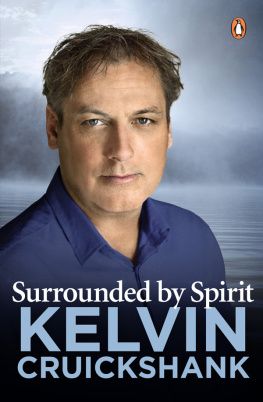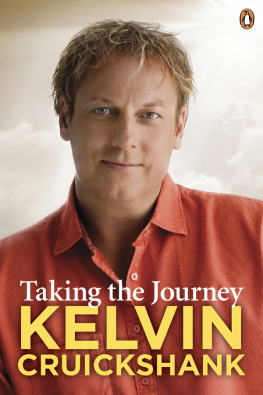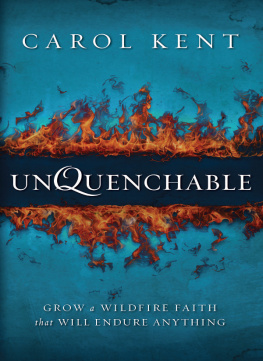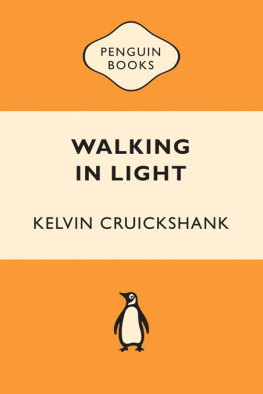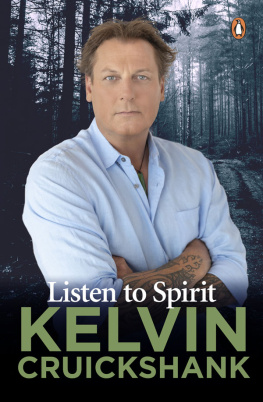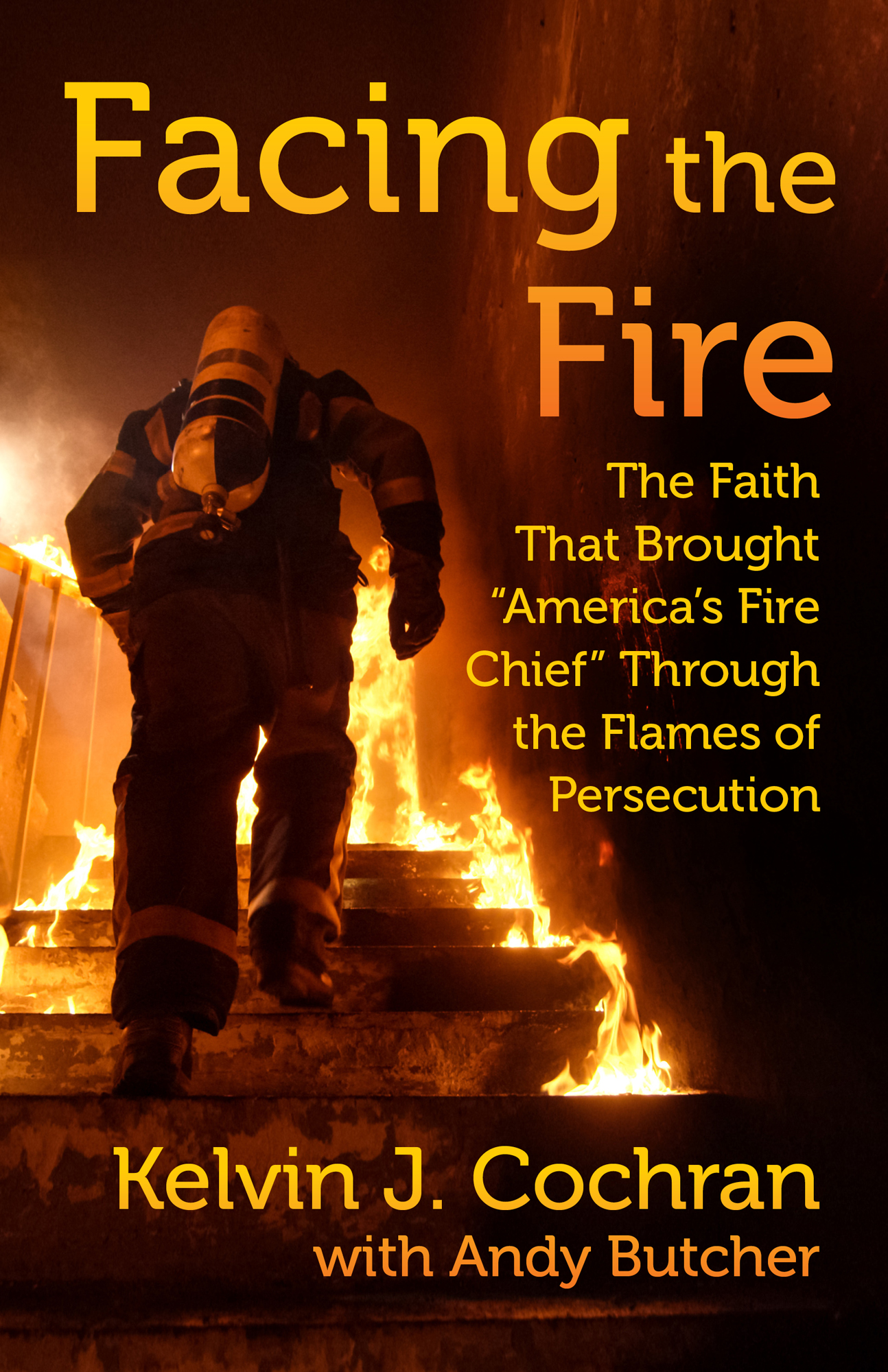Contents
Guide
Facing the Fire
The Faith That Brought Americas Fire Chief Through the Flames of Persecution
Kelvin J. Cochran
With Andy Butcher
Praise for Facing the Fire
Chief Cochran is an example of the character and the cost required of those who choose to live for something beyond themselves, especially in an age where nearly every voice tells us to live for our own happiness. He has that character, forged through years of hard work and commitment to God, and hes experienced the cost of choosing obedience over comfort, believing that Christ would be present in his fiery trial. I thank God that this story is now available to the world in this book.
John Stonestreet, president of the Colson Center and host of BreakPoint
This true story will give you strength. Kelvin Cochran is a terrific storyteller, and in this memoir he describes the experiences that forged his character. If youre interested in learning how a hero is made, this is the book for you.
Eric Metaxas, #1 New York Times bestselling author and host of the nationally syndicated Eric Metaxas Radio Show
Kelvin Cochran is a hero and a fighter. This beautifully written book tells his story of not only fighting fires but overcoming his childhood poverty to then fight racial discrimination because of the color of his skin and religious discrimination because of his Christian beliefs. All along he demonstrates what faithful discipleship entails. Chief Cochran is an inspirational witness to truths of human sexuality, racial equality, and religious liberty.
Ryan T. Anderson, Ph.D., president of the Ethics and Public Policy Center and author of Truth Overruled: The Future of Marriage and Religious Freedom and When Harry Became Sally: Responding to the Transgender Moment
Facing the Fire is a must-read, particularly for those surmounting circumstances which challenge our faith. Ive had a front-row seat watching Dr. Cochran maintain his integrity while facing adversity with courage and discipline. His journey of unwavering faith is an inspirational testament for us all as we face the fires that forge our faith.
Dr. Craig L. Oliver Sr., senior pastor of Elizabeth Baptist Church in Atlanta, Georgia
This book is dedicated to my wife, Carolyn; our children: Tiffane, Kelton, and Camille; and our granddaughter, Thailynn.
Without your love and support, I would not have a story to tell.
CHAPTER ONE Caught in the Flames
When you walk through the fire, you will not be burned; the flames will not set you ablaze.
Isaiah 43:2
H ollywood familiarized the world with one of the deadliest threats a firefighter can face through the 1991 action movie Backdraft. It took its name from the explosion that occurs when fierce flames that have consumed all the surrounding oxygen suddenly find a new sourcemaybe when someone unaware of the danger opens a door, or when the intense heat shatters a window. The result is a deadly fireball.
More common, though, and equally dangerous is a flashover. This too is a sudden and catastrophic explosion. The cause is very different, however. As a fire spreads in a contained space, it starts to heat everything there. In just a short time, whatever is in the room will begin to give off gasesfurniture, books, clothing, you name it. At some point, somewhere around 1,100 degrees Fahrenheitthe temperature of the glowing lava spewed from an active volcanoall those gases are ignited in a big boom. Caught in the flames, nothing survives. I had been a firefighter for just a couple of years when I experienced my first flashover. If not for being in just the right place at that moment and the hours of training that had taught me how to respond, it could have ended my life that October night in 1983.
Some thirty years later, the same kind of positioning and preparation would see me through a different kind of flashovera spiritual one that consumed my career.
As a twenty-three-year-old rookie, I was excited when the alarm sounded sometime after midnight at Station Nine in Shreveport, Louisiana. I knew it signaled that someone might be in danger somewhere, and I didnt take any pleasure from that. But it also meant I had the opportunity to help someone in crisis, and that was a passion I had carried since I was a small boy watching firefighters tackle a blaze at a neighbors house.
Shaking off the fog of sleep, I sat up in my bed and turned to step into the bunker-gear pants left ready for easy access. I pulled them up, looping my arms through the shoulder straps. After sliding down the firehouse pole, I climbed into the back of Rescue Truck Number Two with the rest of my crew as I finished dressing.
I considered the rescue truck a prime spot. Smaller than the other engines, it didnt have hoses and water. Instead, it was equipped with all kinds of rescue gear: extrication tools, emergency medical equipment, and splints. Our job was to dive in and save whoever and whatever we could. There was no official elite classification, but that was how many firefighters viewed the assignment. I loved being one of those selected for the position.
The call-out over the loudspeaker had alerted us to a working fire in the Southern Hills area. Like cab drivers, firefighters get to know a city pretty well over time. I had been at Station Nine long enough to know that we were going to one of the nicest areas of Shreveport, which was much more desirable than the area where Id grown up.
We arrived at a single-story assembly hall on Meriwether Road, which was used by a church on Sunday mornings and as a community meeting place the rest of the week. The fire was visible at the rear of the building, where it seemed to have taken a strong hold. Along with Don, with whom I had graduated from the citys firefighter academy a couple of years previously, I was instructed to go into the empty building from the front and see if we could attack the flames from inside.
With all our gear and self-contained breathing apparatuses, we were each wearing about fifty pounds, but we werent weighed down. We were young and in the best shape of our lives. We had practiced and practiced and practiced while wearing all our equipment so often that, in time, we felt no more restricted in our mobility by all the cumbersome gear than if we had been wearing pajamas. Carrying a hose, we crawled in through the front door on our hands and knees. The seat of the fire may have been in the back, but it was already making its presence felt. The large, open meeting room was hot and filled with heavy black smoke. We had to get down where it was cooler and visibility was a little better.
Nosing our way carefully past rows of chairs, we found the right-hand wall, a firefighters Lesson Number One in safety. When you go into a dark room, you always locate the wall to the left or the right and then stay with it until you find your way to where you need to go. That way, if you need to get out, you just have to turn around and trace your way back the way you came with the wall on your opposite hand. Its like a tactile version of a breadcrumb trail. When its hot and dark and dangerous, its easy to get disoriented very quickly, even if you know your whereabouts well. Danger messes with your sense of direction, so you have to be able to get out without having to think too much about it.
Don and I checked in on each other through our voice boxes as we maneuvered down the wall. From time to time the captain would break in over our radios, asking for a progress report. We were about halfway down the wall toward the rear of the building when there was a loud crackling sound, fierce above the other muffled fire noises. Before we had the chance to do anything, the ceiling above us collapsed in a cloud of flame, burning debris, and smoke. All we could do was hit the ground flat and hope for the best.


